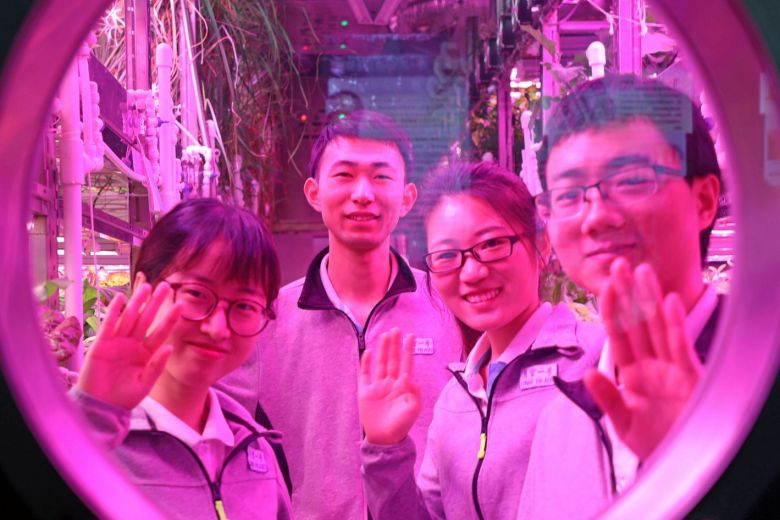Chinese researchers designed an experiment that consisted of participation from a group of volunteers who had to spend 200 days in a lunar lab. The lab simulation was constructed in Beijing to test the overall psychological effect of being on Moon on the astronauts. This program was designed to develop the concept of colonization on the moon.
The lab was designed in a living space spread over a square meter area of 160. This living space was known as “Yuegong-1” or in English as “Lunar Palace”. The lab was cut off from the outside world for a term of 200 days that created a very realistic model of isolation on the moon. Lui Hony, the chief designer of the module stated that the lab challenged the volunteer’s psychological status while testing their system which they passed with grace. The toughest moment for the students was during a complete blackout for three separate events where the team was separated into two groups consisting of two women and two men. Initially, a set of volunteer students lived in the module for about 60 days but were replaced by these four who went on to stay for 200 days. The first group is also being expected to come back for another experience of 105 days inside the lab.
The Chinese researchers first conducted this experiment in the year 2014 with a success of 105 days trial. The students inside the lab used the method of bio-fermentation to obtain byproducts from the waste produced which helped them grow vegetable and crops. The module also comprised of living and sleeping areas along with separate areas animals to be raised.
Currently, China does not have any plans to land on Moon but these experiments could be a pathway to the prediction of any issues that could arise if we are to colonize moon in the future. However, China isn’t the one and only country that is interested in the creation of a human base on the lunar surface. The US-based SpaceX has also been prioritizing the lunar missions to develop at a fast rate while Russia has also announced its future plans to develop a permanent human base on our Moon.
